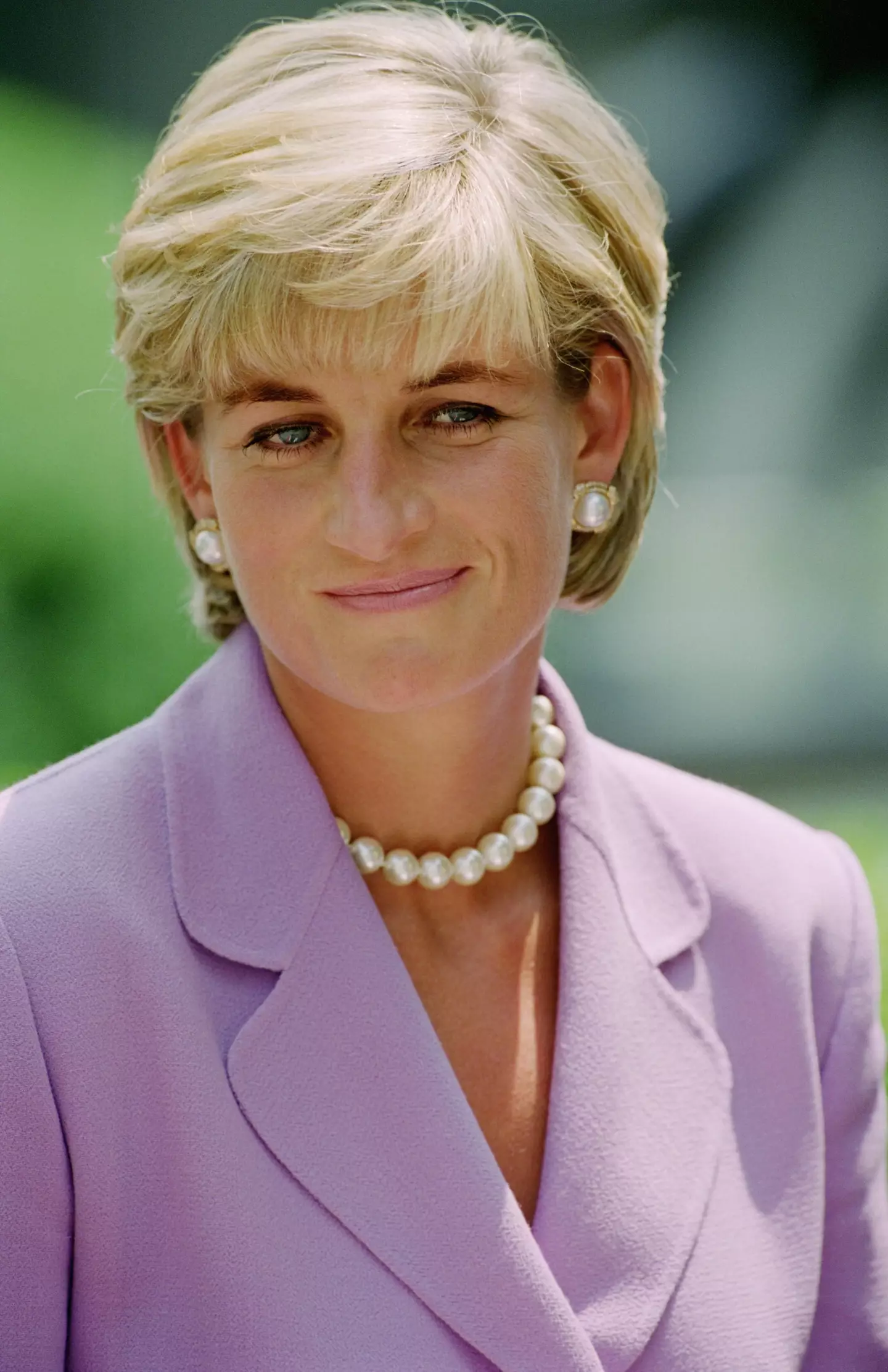
She is now remembered as the People's Princess, but during her lifetime Princess Diana was given a cruel nickname by her critics.
Diana was married to the man who would go on to become the king of Great Britain, something which placed her at the very top of British society.
Such a celebrity position led to every element of her life being placed under intense scrutiny.
This even included her fondness of US culture, something that some of her more snooty critics cottoned on to as a way to make her seem less British.
Advert
It was this love of the US which ultimately led to the cruel nickname.

This was the factor which led to the nickname the 'McDonald's Princess', a topic that author Edward White touched upon in the book Dianaworld.
"A good number of Britons were troubled by what they saw as the increasing layers of American identity that Diana wrapped around herself in the last years of her life," wrote White.
This was sometimes seen as Diana losing touch with her British roots, and was almost representative of a wider tension between Britain and the US.
As a country, the US is often bewitched by the US - the Hollywood glamour, everything is bigger, or faster.
But at the same time, some have felt a concern that British identity is lost in that increasing americanisation.
Diana liking American things, including wearing a big varsity jacket and large jerseys to the gym, could almost be taken as a microcosm of that wider social anxiety.
White summed it up, writing: "The threat of being possessed by American culture has haunted the British just as the promise of being transformed by it has thrilled them."

But it wasn't just that though, and the food side of things in particular could also be taken in a more positive light by Diana's critics.
McDonald's has long tried to position itself as affordable, utilitarian food - something that a working parent can rely on in a pinch or as a treat - and has been wildly successful in this.
White also noted that Diana often having McDonald's might also be seen less as her losing touch with her Britishness as being more of an 'everyman' type move.
He wrote that 'her consumption of American fast food, especially McDonald's hamburgers' was something 'that was repeatedly highlighted as a sign of her connection with ordinary people.'
And when someone is remembered as 'The People's Princess', that's an association which is likely to stick.
